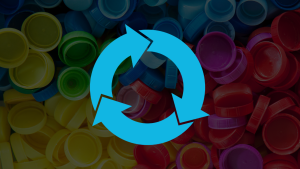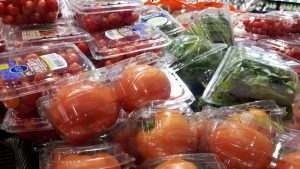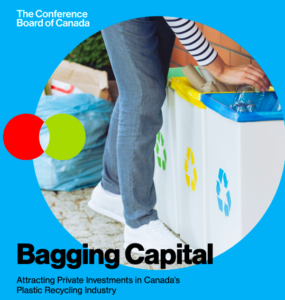Black plastic can’t be recycled, for a reason most don’t know
As more Canadians are ordering in food due to COVID-19, your chances of coming across black plastic are on the rise.
Why does the colour matter?
“The reason is that the machine that sorts the recycling, is looking at the plastics on a conveyor belt, and it cannot tell the difference between a black plastic and the black conveyor belt itself,” says Keith Brooks of Environmental Defence.
If you have been recycling black plastic, chances are it’s ending up in a landfill or incinerated.
“We are taking action to improve the recycling across the province of Ontario”, says Gary Wheeler spokesperson for the Ontario Ministry of the Environment, Conservation and Parks. “There are plans to transition the blue box program by 2023,” he adds.
The new approach will provide people with an easy to follow list of materials that can be recycled. Their hopes are to make recycling more understandable for people in Ontario.
This new method will also hold manufacturers responsible. The hope is that producers will think about their products’ life cycle. By doing this, companies can choose better materials in order to achieve less waste.
“The province of Ontario is also working with other provinces, territories and the federal government on measures to support a consistent approach to the recycling of plastics across Canada.”



